Common grammatical errors and misspellings
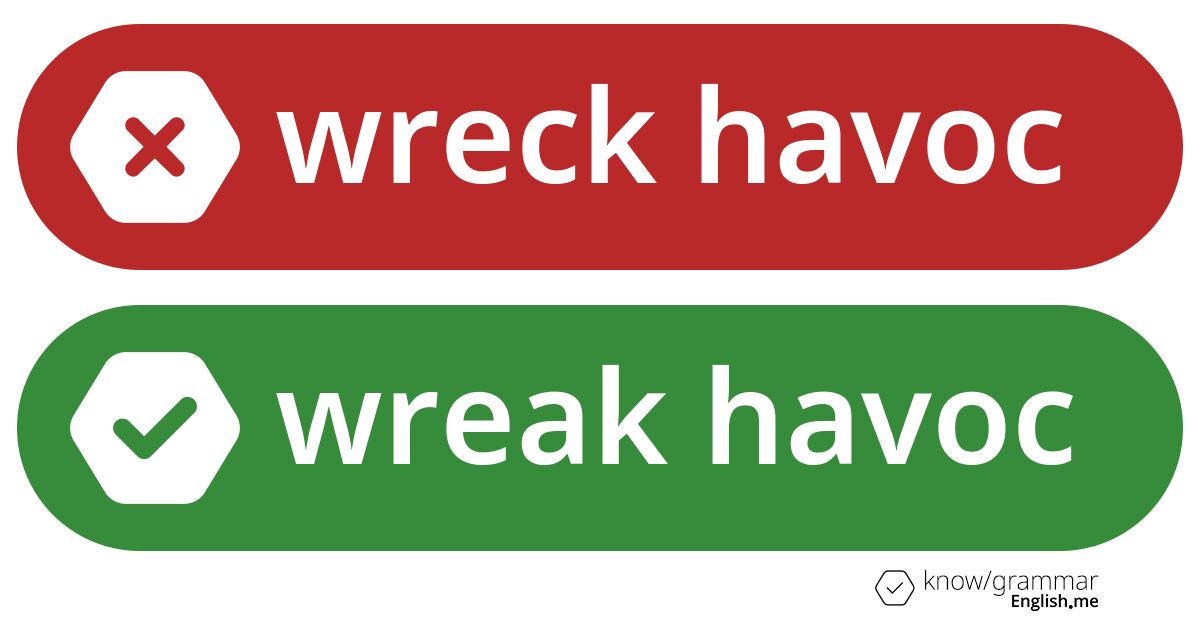
Correcting the chaos: why "wreck havoc" is a language misstep
People often confuse "wreck" with "wreak" because they sound somewhat ... Learn more →
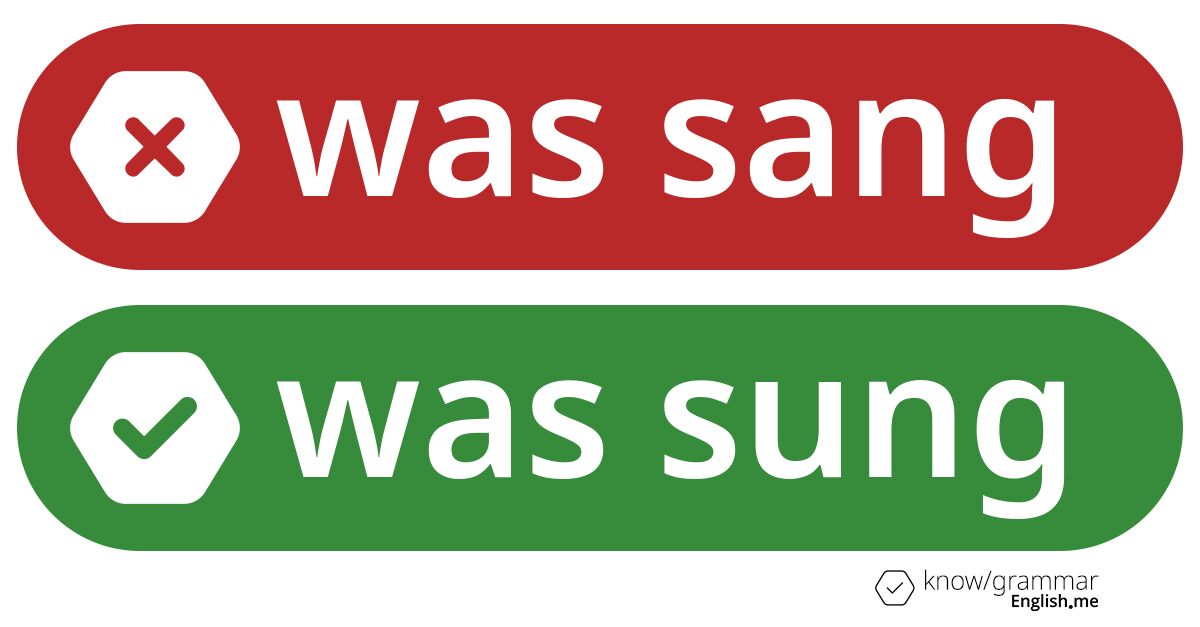
Why "was sang" strikes a false note
People often make this error by confusing verb forms and ... Learn more →
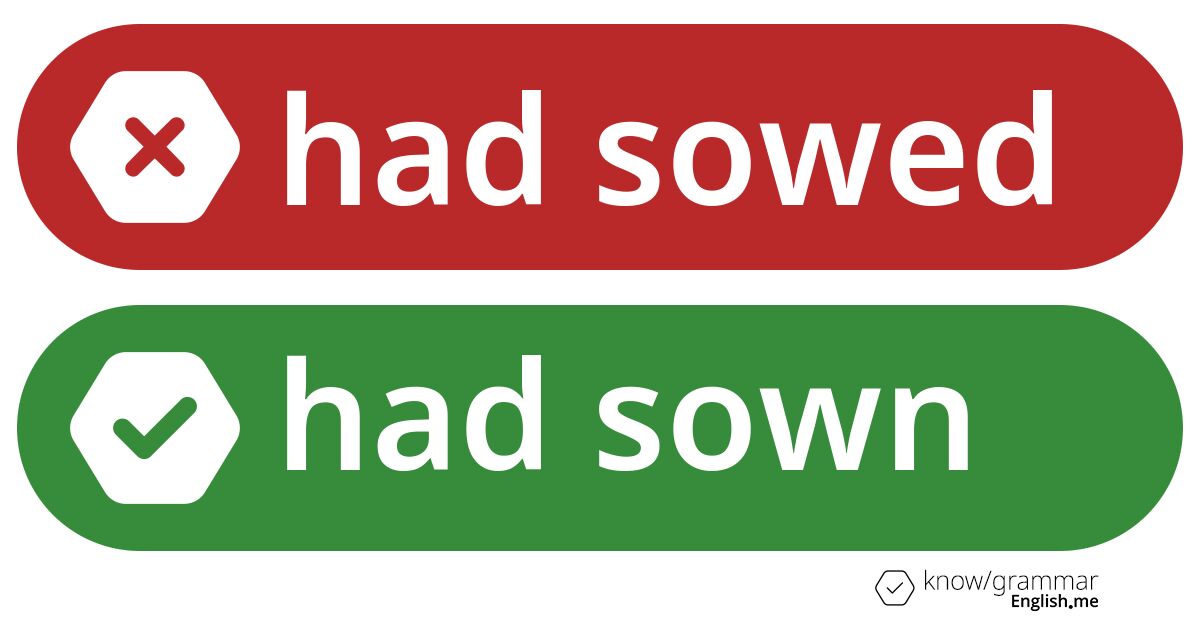
Correcting the past: why "had sowed" doesn't work
People use "had sowed" incorrectly because they might think it's ... Learn more →
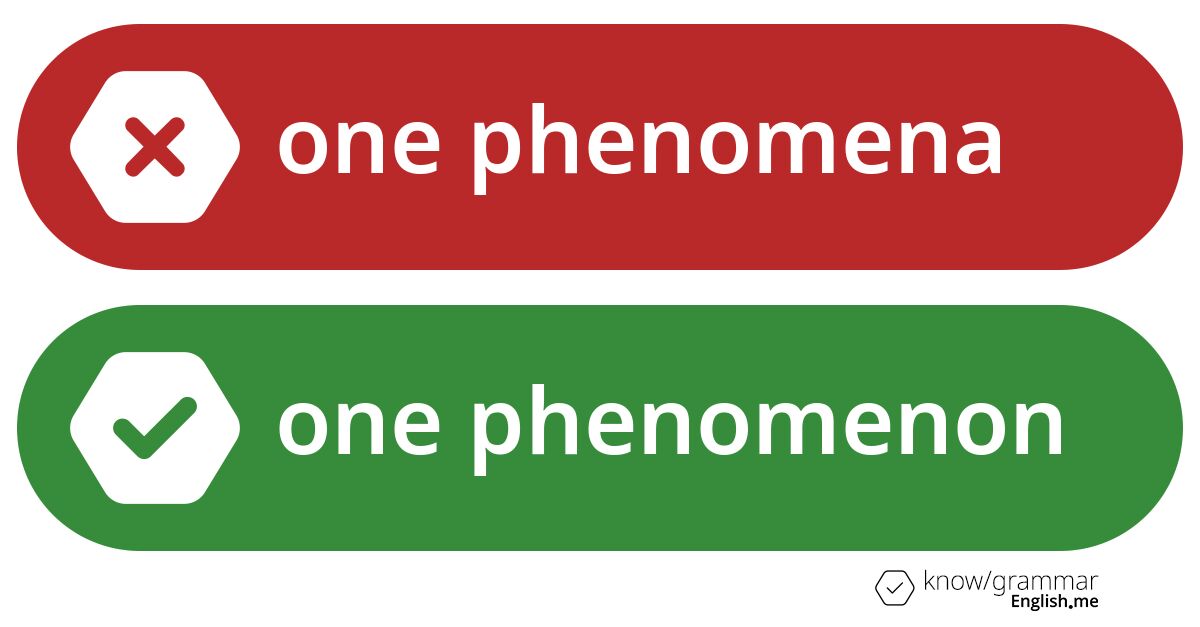
Mistakes in plural: why it's never "one phenomena"
People often get confused because "phenomena" sounds singular due to ... Learn more →
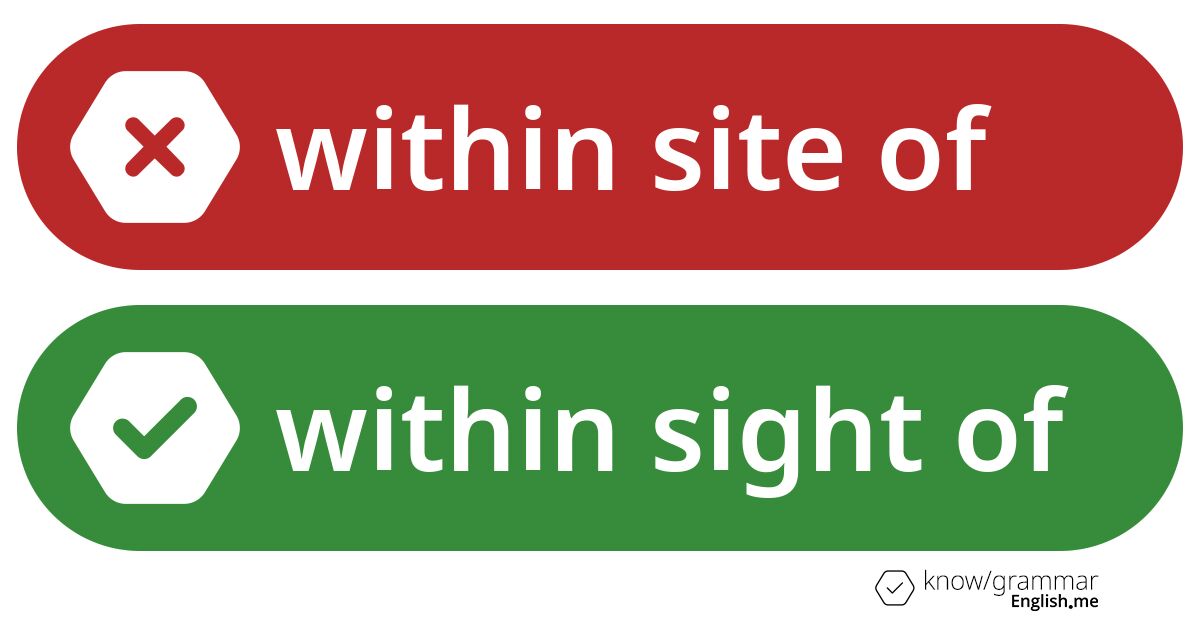
Why "within site of" doesn't hold up
People often confuse "site" and "sight" because they sound identical ... Learn more →
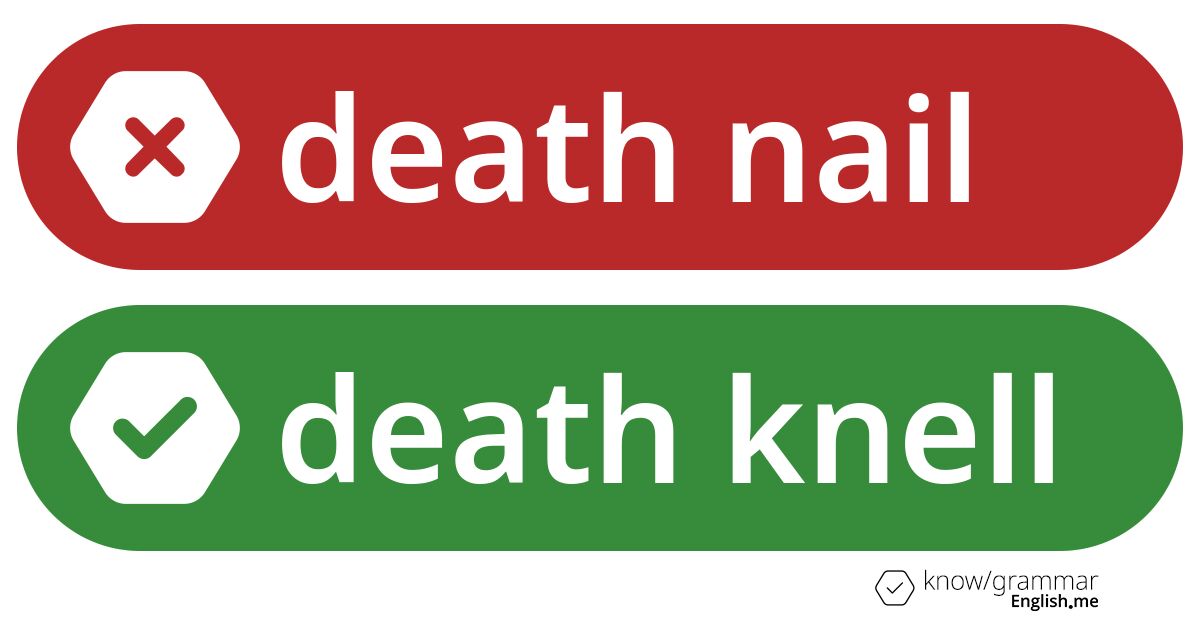
Nail in the coffin: dispelling the "death nail" myth
The error likely arises from confusion between similar idiomatic expressions, ... Learn more →
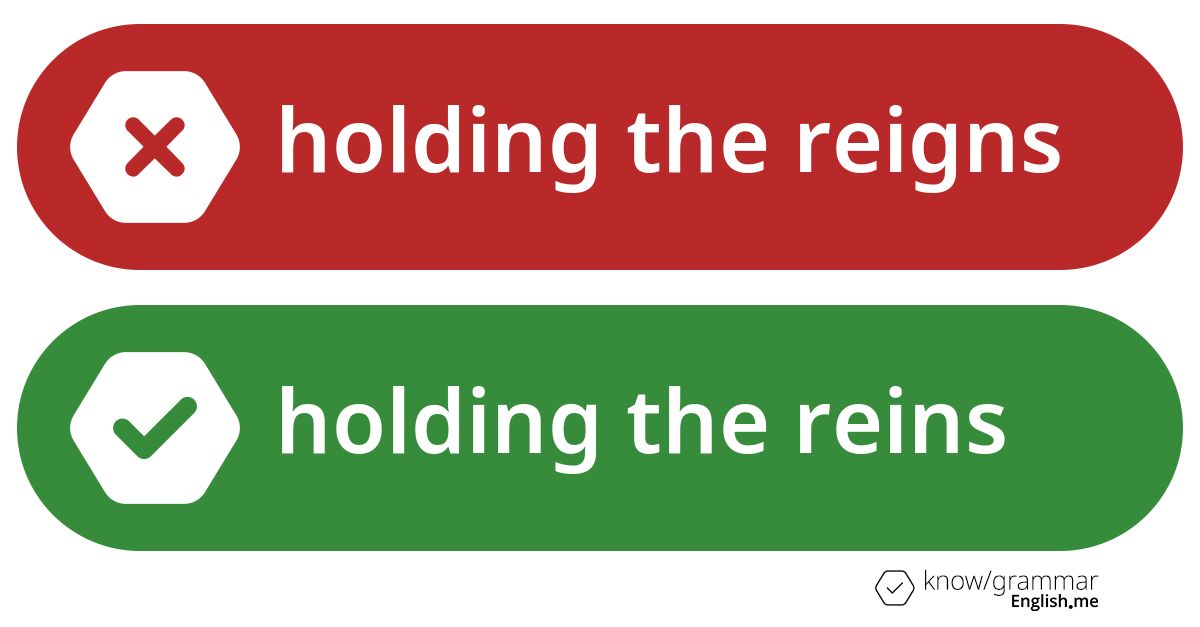
Why "holding the reigns" misspells the equine expression
People make this error because "reign" and "rein" are homophones, ... Learn more →
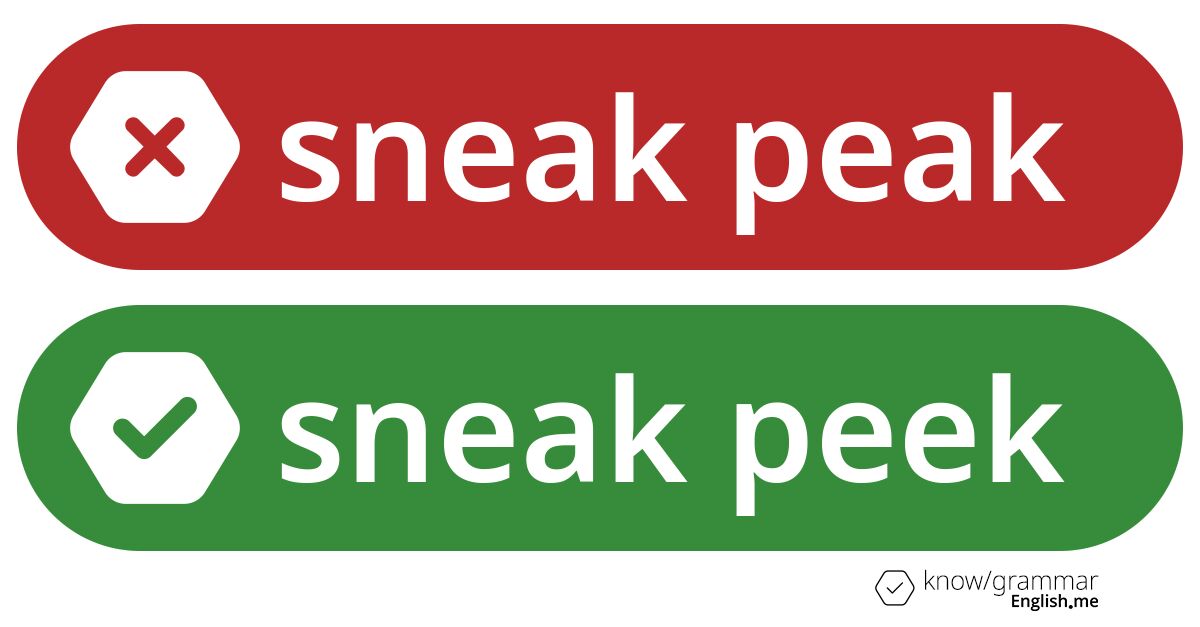
Why "sneak peak" doesn't quite hit the summit
People often make this error because "peak" and "peek" are ... Learn more →
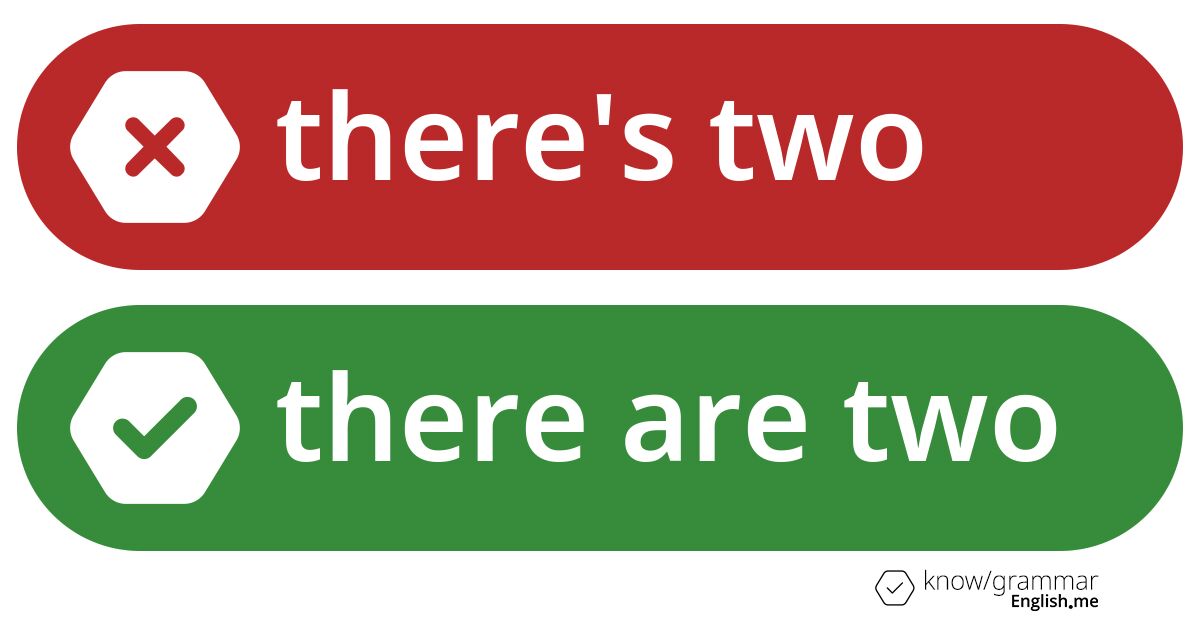
Why "there's two" doesn't count: a grammar guide
People often use "there's" (contraction of "there is") informally without ... Learn more →
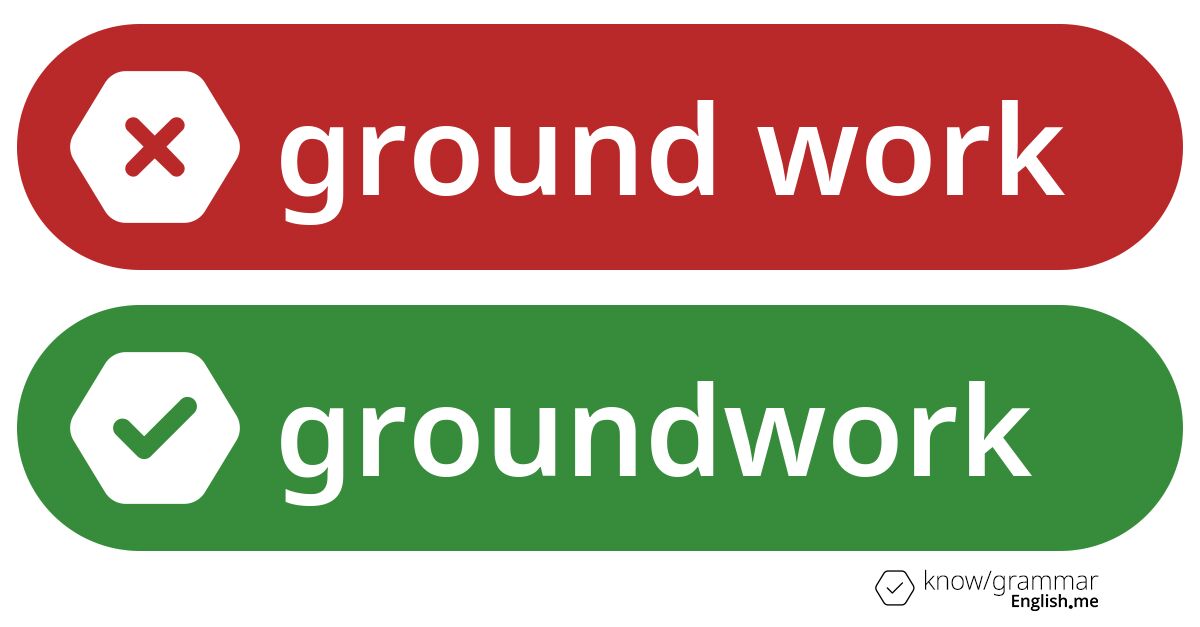
Why "ground work" lays the wrong foundation
People mistakenly separate the compound word "groundwork" into two words, ... Learn more →

 English
English español
español française
française italiano
italiano deutsche
deutsche 日本語
日本語 polski
polski česky
česky svenska
svenska Türkçe
Türkçe Nederlands
Nederlands